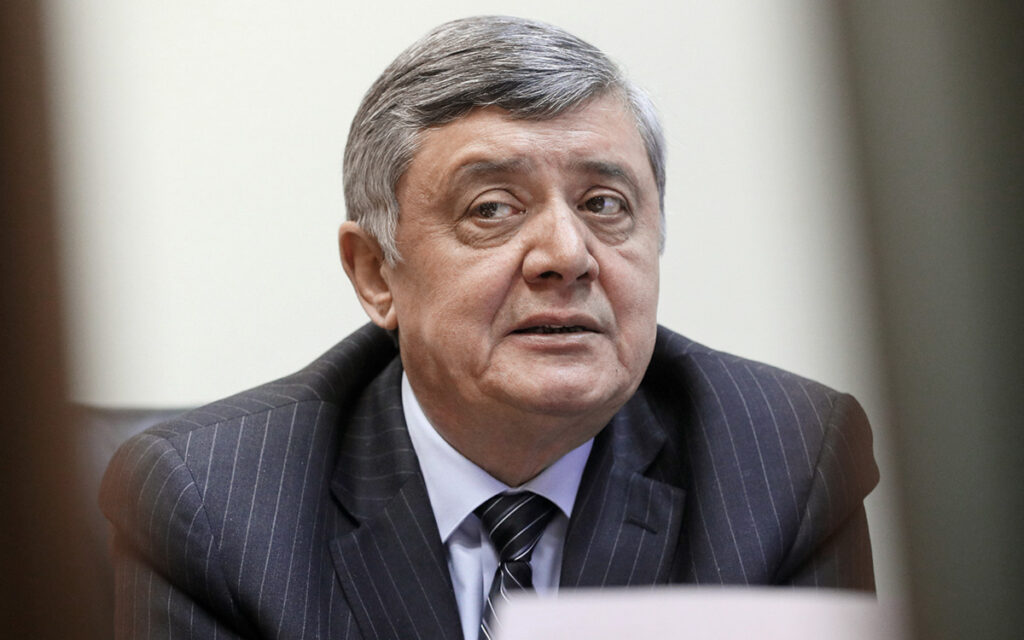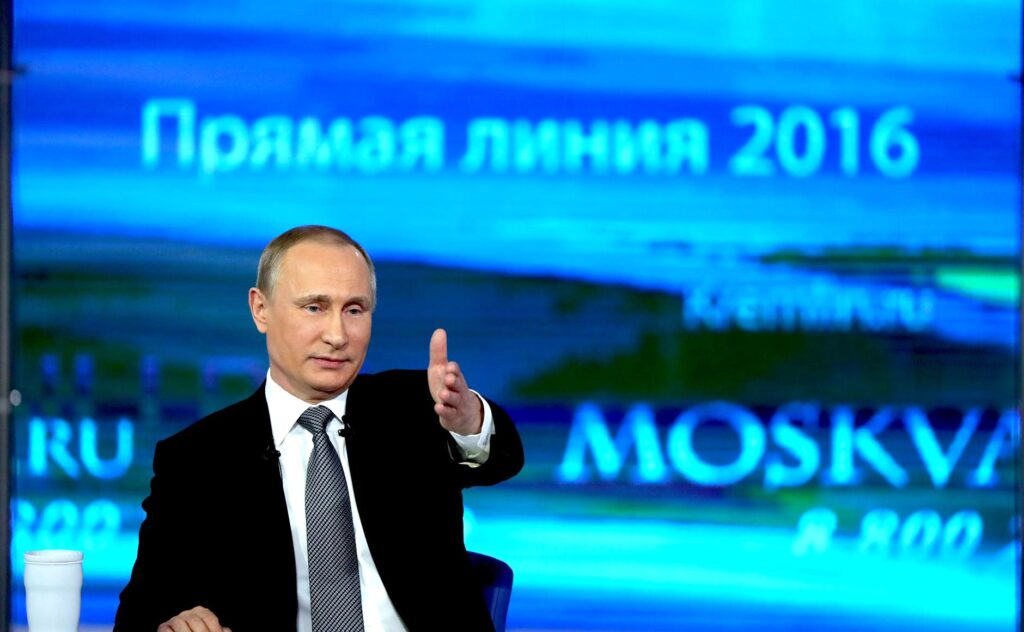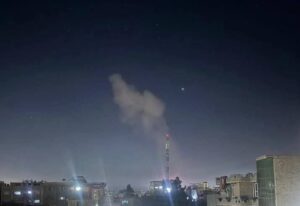Review of Afghanistan developments
Following 2021, Russia’s role and presence in Afghanistan have evolved significantly. This transformation can be attributed to several factors, one of which is the country’s strategic geopolitical position. Afghanistan occupies a crucial place in global geopolitics due to its location, situated at the intersection of the Heartland (the core of the earth) and the Rimland (the periphery of the earth), as outlined by classical geopolitical theories.
The circumstances surrounding Afghanistan have consistently instilled a sense of both apprehension and optimism for Russia, one of the three principal global powers. The apprehension arises from the potential presence of other world powers in Afghanistan, which could allow them to infiltrate the inner areas of the Heartland. Conversely, there is optimism as Russia has the opportunity to access warm waters with relative proximity. Thus, Afghanistan can be characterized as both a vulnerability for Moscow and a stronghold for the defense of the Heartland, encompassing Central Asia and extending into Russia.
In addition to reviewing the historical context of the last two hundred years, by the dawn of the 21st century, the United States, as Russia’s primary competitor, had realized the historical concept of a naval power’s impact on the heartland through its involvement in Afghanistan. Over the two decades of American engagement in Afghanistan, Moscow not only lost the strategic benefit of being close to Afghanistan, but in line with Zbigniew Brzezinski’s theory, Afghanistan evolved into a site of managed instability.
The U.S. withdrawal from Afghanistan set the stage for a new chapter for Russia. While Russian behavior indicated Moscow was prepared for shifts in Afghanistan’s power dynamics, the irresponsible U.S. withdrawal unfolded dramatically, in a manner that was almost entirely unexpected and unpredictable.
Moscow adopted a two-pronged approach in dealing with the new situation in Afghanistan. Firstly, uncertain about the state of affairs in Afghanistan and the possibility of the U.S. resuming a policy of controlled instability post-withdrawal, Moscow increased engagement with the Taliban. Secondly, Moscow continued its strategy of reinforcing its presence in Central Asia.
The progression of time and the assessment of the Taliban government’s actions have demonstrated that the new leadership in Afghanistan operates autonomously, aiming to reassure neighboring nations as well as the major powers, China and Russia, that they pose no threat from Afghan territory. This position has influenced Russia’s approach to the Taliban administration.
Following the receipt of guarantees regarding the Taliban government’s adherence to its security obligations, Moscow initiated decisive actions to engage with it. These significant measures commenced with the acceptance of diplomats from the Taliban government, advanced to the removal of the Taliban from its list of prohibited organizations, and culminated in Moscow’s intention to formally welcome the ambassador of the Taliban government.
Moscow has assigned one of its most seasoned officials to evaluate the circumstances and enhance interactions with the Taliban administration; Zamir Kabulov, who possesses extensive experience in Afghanistan, is at the forefront of this mission. Kabulov’s diplomatic efforts and discussions with the Taliban and various regional stakeholders has been a significant aspect of news coverage related to Afghanistan and Russia.

The Impact of the US Factor on Russia’s Policy towards Afghanistan
Moscow’s motivation to expedite its rapprochement with the Taliban is significantly influenced by the power vacuum resulting from Donald Trump’s neglect of Afghanistan. The US withdrawal from Afghanistan is perceived as a geopolitical advantage for Russia, and Trump’s inattention has presented Moscow with a crucial opportunity to capitalize on.
At this juncture, it is imperative for the Taliban administration to reconstruct Afghanistan’s historically East-focused policy and diminish the nation’s reliance on the West, which has intensified over the last twenty years. The growing interest of China and Russia in a new Afghanistan, along with the collaborative approach of all neighboring countries towards the interim Afghan government, presents a significant opportunity for the leaders in Kabul to embed an East-oriented strategy within Afghanistan’s foreign relations.
Two obstacles hinder Afghanistan’s eastward orientation. The first is Afghanistan’s geographical location, which, due to its unique geopolitical significance, allows for the potential re-engagement of major powers. The other obstacle is the destructive rivalry between India and Pakistan, the impact of which on Afghanistan’s instability has been profound and fundamental. Unfortunately, the tension resulting from this regional competition has not only failed to subside in the post-2021 period but has once again intensified, with noticeable consequences for Afghanistan. Nevertheless, it is possible to overcome these two obstacles.

















